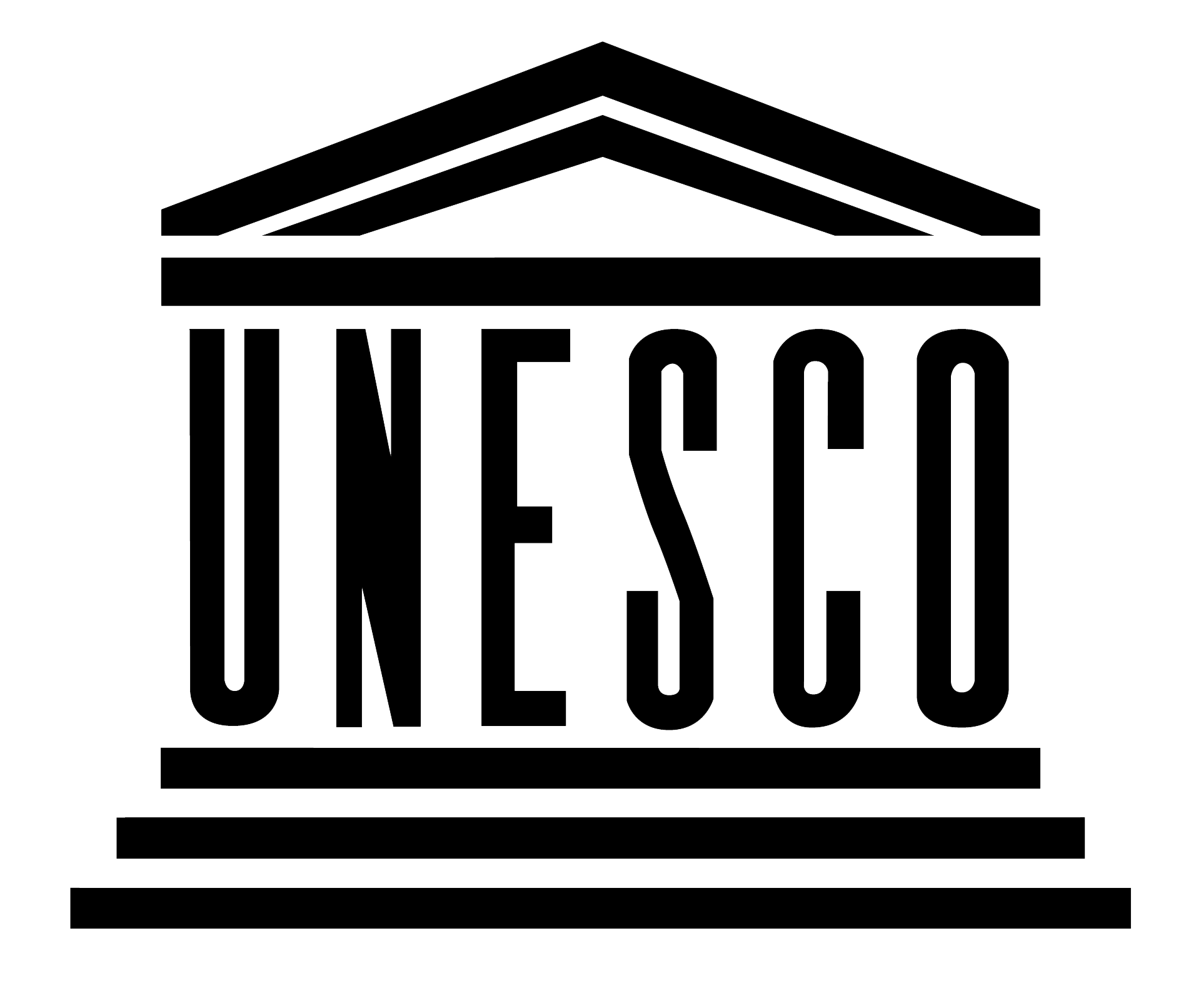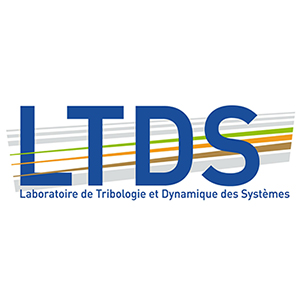The sustainable planning of an urban area requires a cross-disciplinary approach:
- different fields of academic and technical knowledge;
- different scales of space (spaces concerned by the technical project, the neighbourhood, the network, etc.);
- different “worlds” involved in the production of the planned space (institutional and economic stakeholders, experts from various backgrounds, associations, inhabitants, etc.).
One of the first fields of study is that of eco-design and eco-management at every stage in the life cycle of a particular planning project, by the prevention and mitigation of risks and their effects, the environmental assessment of projects, plans and programs and the taking into consideration of sustainable development and biodiversity.
Developing and conserving urban and peri-urban spaces
By contributing to the management of existing developments or by taking part in new projects; by taking into account environmental considerations, increasingly important when it comes to carrying out public action, particularly with regard to natural and industrial risks, and by considering the economic and social role of urban planning.
Career opportunities the end of the program
Environmental consulting, risk prevention, waste treatment, polluted sites and soils, hydrology and hydraulics, strategic urban planning, urban design, operational urban planning and managerial urban planning, social housing etc.











